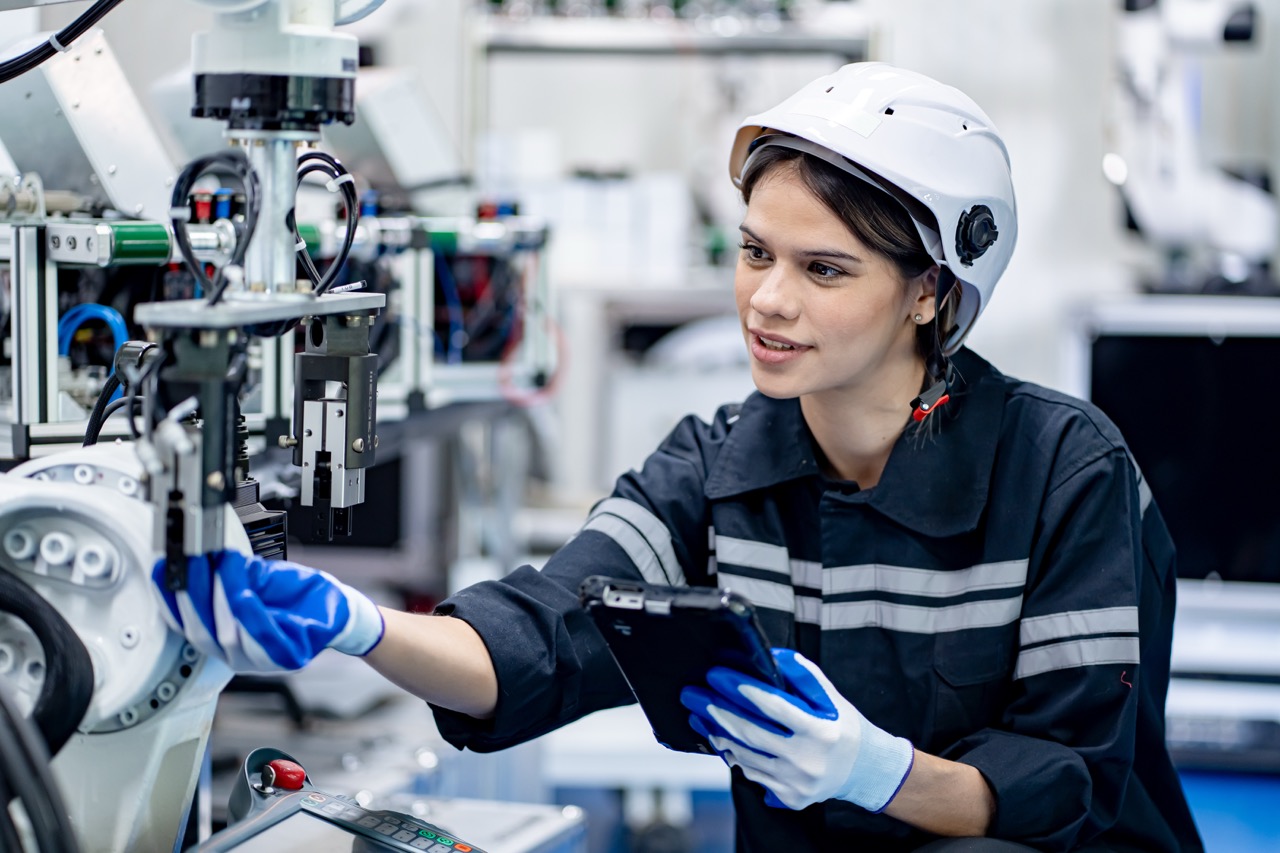Section retrieved from the European Commission website
European industry is a key driver in the economic and societal transitions that we are currently undergoing.
In order to remain the engine of prosperity, industry must lead the digital and green transitions.
This approach provides a vison of industry that aims beyond efficiency and productivity as the sole goals, and reinforces the role and the contribution of industry to society.
It places the wellbeing of the worker at the centre of the production process and uses new technologies to provide prosperity beyond jobs and growth while respecting the production limits of the planet.
It complements the existing "Industry 4.0" approach by specifically putting research and innovation at the service of the transition to a sustainable, human-centric and resilient European industry.
Why Industry 5.0?
Section retrieved from the European Commission website
Industries, including furniture industries, can play an active role in providing solutions to challenges for society including the preservation of resources, climate change and social stability.
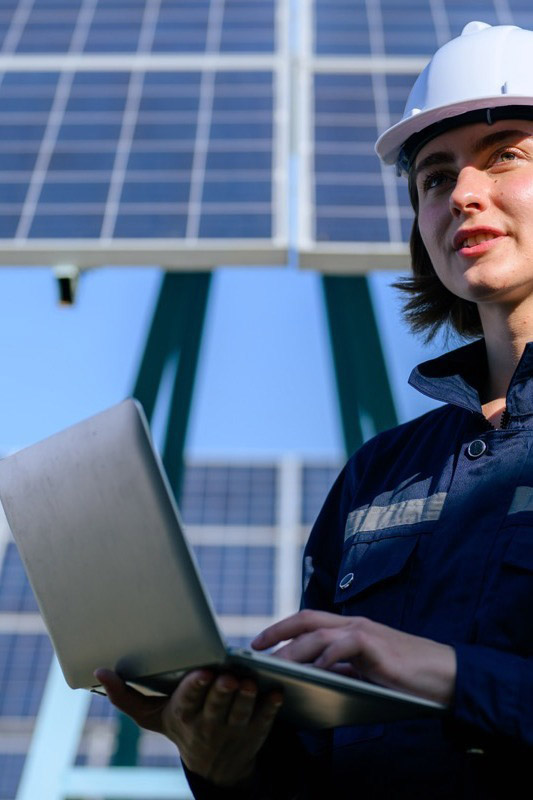
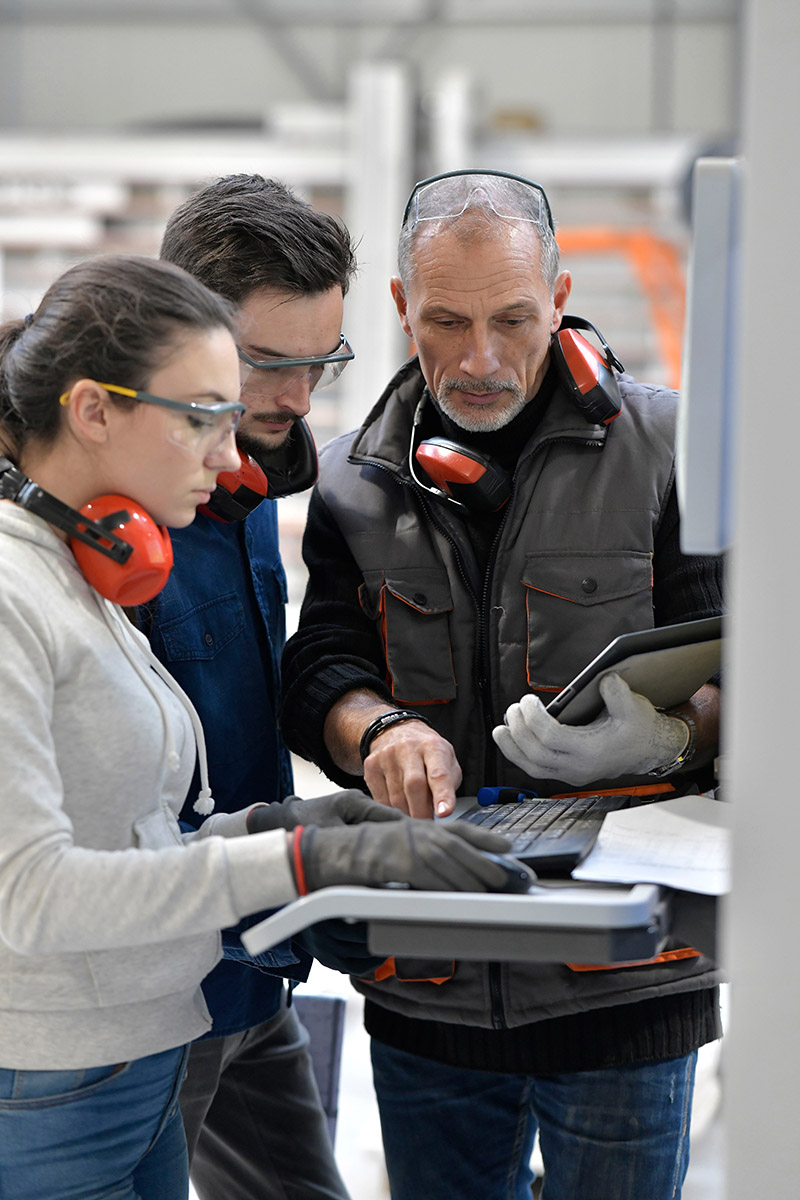
The Industry of the Future approach brings benefits for industry, for workers and for society.
It empowers workers, as well as addresses the evolving skills and training needs of employees. It increases the competitiveness of industry and helps attract the best talents.
It is good for our planet as it favours circular production models and support technologies that make the use of natural resources more efficient.
Revising existing value chains and energy consumption practices can also make industries more resilient against external shocks, such as Covid-19 crisis.
How to make it happen?

The EU is expanding its focus on the green and digital "Twin Transition" to encompass the broader concept of Industry 5.0, which emphasizes the role of the industry in benefiting society beyond just efficiency and productivity. This vision prioritizes worker wellbeing and the responsible use of technology to foster prosperity while addressing environmental and social challenges like resource preservation, climate change, and social stability.

Industry 5.0 integrates key enabling technologies, such as Artificial Intelligence, human-machine interaction, smart materials, digital twins, and energy-efficient solutions. By adopting these advancements, industries can empower workers, address skill gaps, enhance competitiveness, and promote circular production models, contributing to a more resilient economy—particularly in the face of crises like COVID-19.
In the context of the EU furniture sector, dominated by SMEs, Industry 5.0 is crucial. The sector faces challenges such as an aging workforce, supply shortages, innovation costs, and global competition. While the industry has made significant efforts to embrace the Twin Transition, it must now incorporate Industry 5.0's principles of human-centric and sustainable growth, reshaping its future with a focus on resilience and societal contribution. The goal is to complement Industry 4.0 by driving research and innovation towards a sustainable and worker-centric European industry.
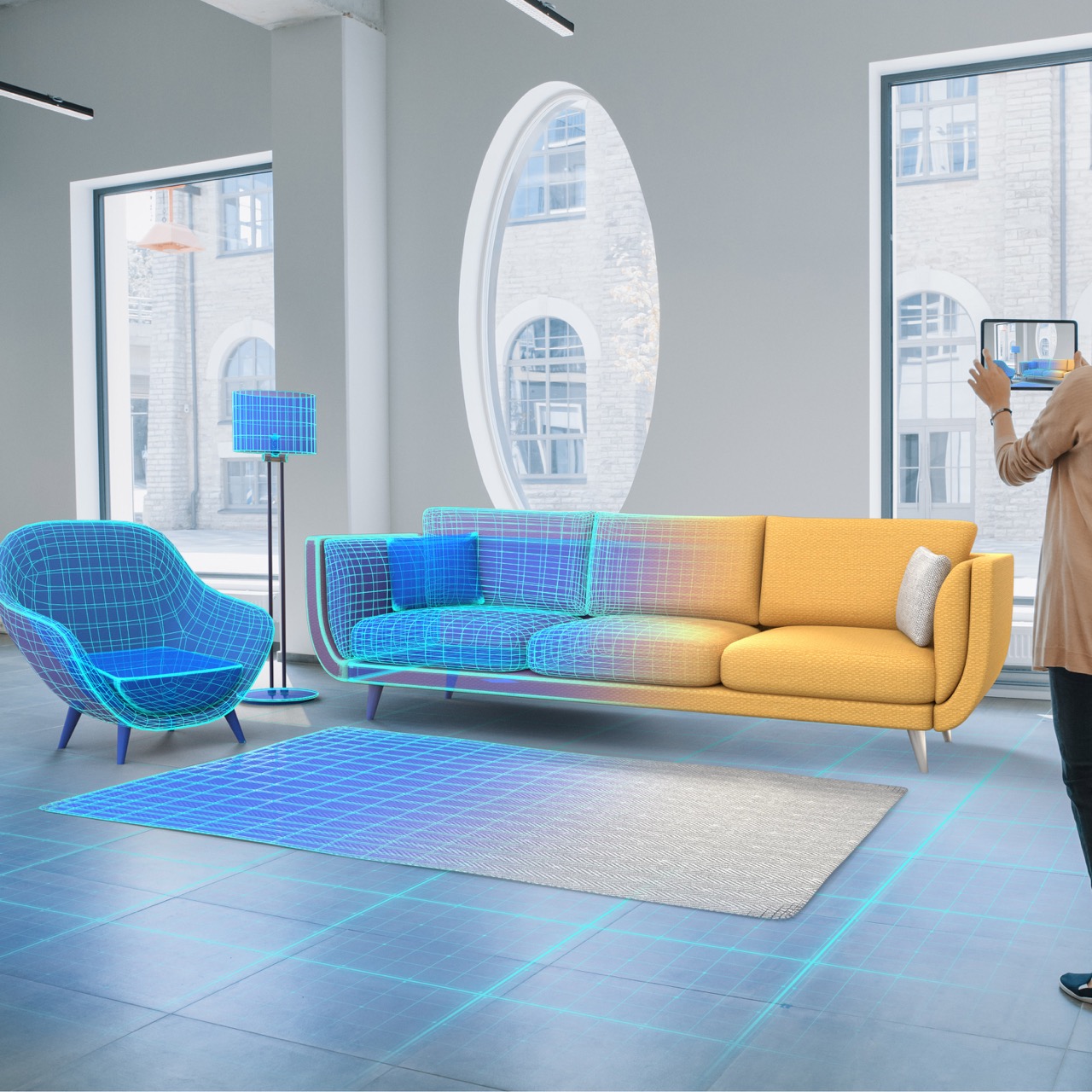
In this framework, companies in the EU furniture sector, which are mainly SMEs, need guidelines and supporting tools helping them facing the huge future challenges to successfully deploy their appropriate Industry 5.0 strategy and deploy the related practices.

